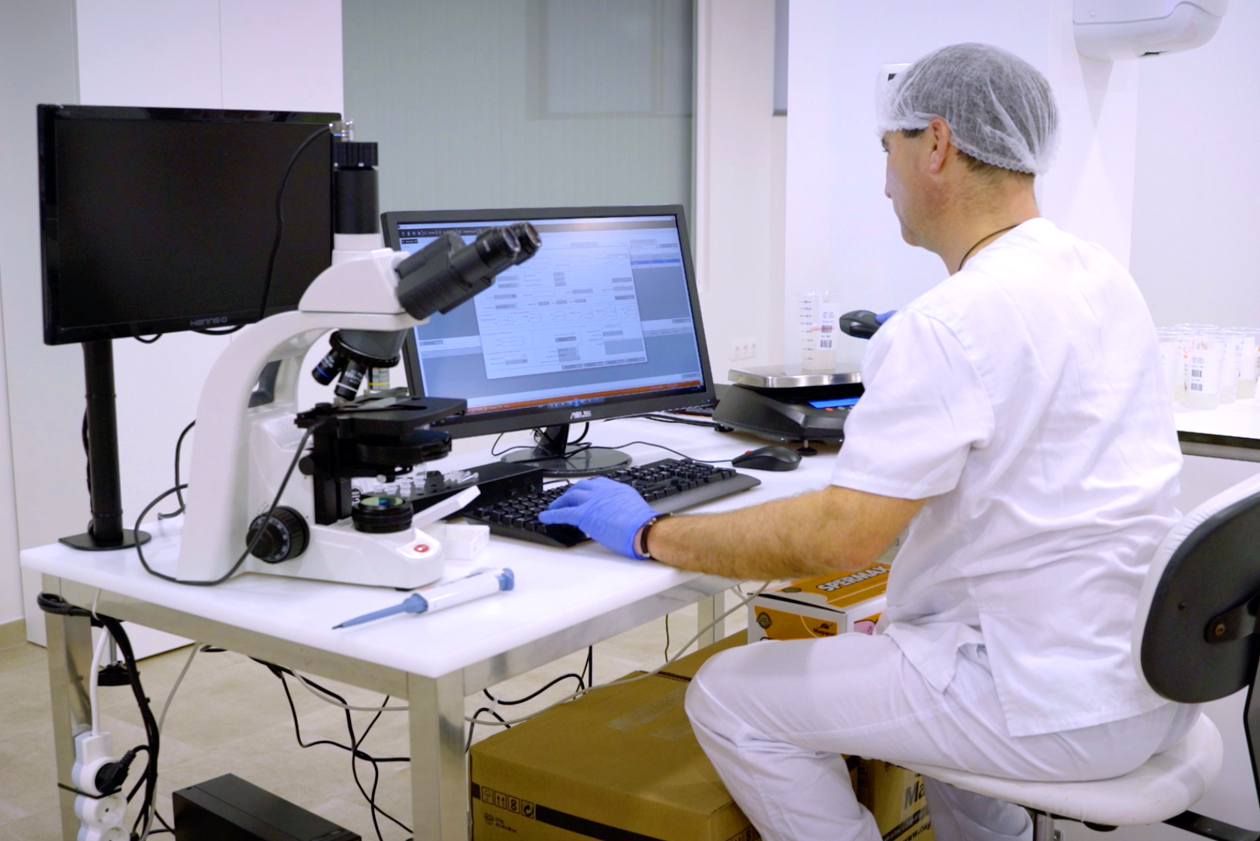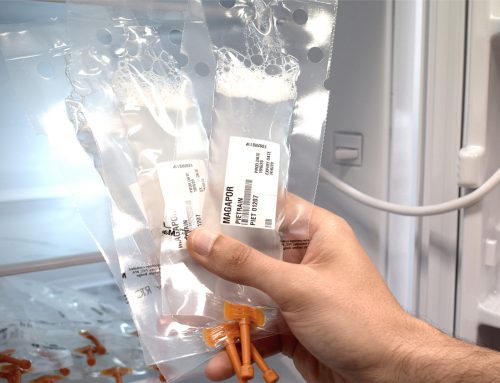On 6 July 2021, the ANPSTAND Task Force published the results of the study that analyses the quality of seminal doses in Spain. This Task Force aims to define and implement a semen quality standard for boar studs in Spain.
The Swine Reproductive Physiology and Biotechnology Group of INIA, led by Dr. Raúl Sánchez Sánchez, participated in the study, which has given the keys to the standardisation of parameters and competitiveness in the Spanish boar studs.
The team led by Dr. Joaquín Gadea from the University of Murcia also participated, contributing their knowledge and experience in the field, as well as the ‘Animal Reproduction’ research group, led by Dr. Jordi Roca, who was in charge of a study on the relationship between the oxidative stress index of seminal plasma and the sperm quality and fertility of swine seminal doses preserved at 17ºC.
Finally, the University of Girona, through its Centre for Research, Innovation and Transfer in Reproductive Biotechnology (TechnoSperm) has carried out an analysis of the microbial contamination of refrigerated seminal doses intended for artificial insemination. In each case, evaluating the growth of aerobic and anaerobic bacteria on the same day of receipt of the samples (day 0) and after 3 and 7 days of storage at 17ºC.
Studies with commercial doses from eight Spanish production studs (7 of them produced with Magapor extenders), demonstrate the usefulness of the seminal oxidative stress index to select swine ejaculates for the production of refrigerated seminal doses and to identify boars whose seminal doses offer better fertility results. They also indicate that the levels of microbial contamination, both aerobic and anaerobic bacteria, are within the standards and that, before their expiry date, no samples show microbial contamination. All in all, it is concluded that the procedures and extenders used are optimal and effective in controlling bacterial growth in swine semen.
More information at: www.anps.es/





